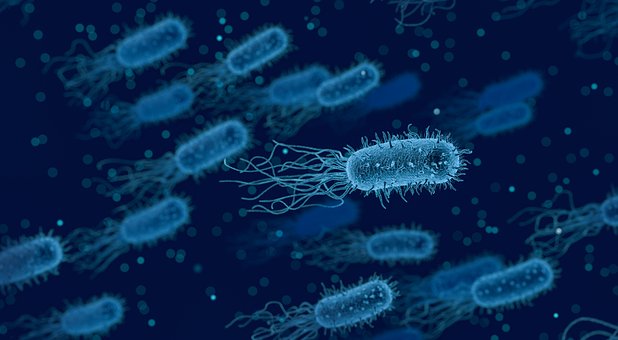Lactic acid bacteria (LAB) have proven value that is widely accepted across the arc of human health. Whether involved in infections, immunity, chronic diseases metabolism, LAB are generally regarded as safe and beneficial.
Also, numerous animal, human and epidemiological studies have revealed the effects of LAB on colon, bladder, liver, breast, and gastric cancers.
The modus operandi may include: microbe changes, better immunity, antioxidation, antiproliferative and induction of cell death (apoptosis.)
Nowadays scientists point to LAB metabolites as tools in the processes. These are end products of metabolism are calledpostbiotics.
Definition: Postbiotics are non-viable bacterial products or metabolic byproducts from probiotic microorganisms that have biologic activity in the host.
These postbiotics– lactic acid, acetic acid and bacteriocin—have been used successfully as antibiotic replacers in rats, poultry and pigs.
L. plantarum strains show promise
One species known to produce powerful postbiotics is Lactobacillus plantarum. In a recent study from Malaysian, researcherslooked at the mechanism by which six strains of L. plantarum are toxic to human cancer cells (breast, colorectal, cervical, liver and leukemia cancer). Postbiotic metabolites produced by Lactobacillus plantarum strains exert selective cytotoxicity effects on cancer cells appeared in BioMed Central Complementary and Alternative Medicine in June 2019.
Postbiotics are selective against cancer cells
The results were good.
Postbiotics created by the six strains of L. plantarum displayed selective cytotoxic in a strain-specific and cancer cell type-specific manner. The researchers wrote that this was accomplished via antiproliferative (inhibiting cell growth) effect and induction of apoptosis (programmed cell death) against malignant cancer cells. And importantly, the postbiotics were selective, meaning here that they spared normal cells. This is big. Most chemotherapy and other cancer therapies practice scorched-earth styles, attacking non-cancerous cells with abandon. In addition, postbiotics can be a safer alternative in comparison to live bacteria.
Postbiotic potential in cancer treatment
Postbiotics from L. plantarum may offer a safer alternative to the current treatment of radiation and chemotherapies that is limited by toxicities.
It is noteworthy that postbiotics produced by the six strains of L. plantarum were selective on various human cancer cells, implying the vast potential of the postbiotics as an alternative nutraceutical supplements that possess promising anticancer activity due to their low cytotoxicity to normal mammalian cells.

